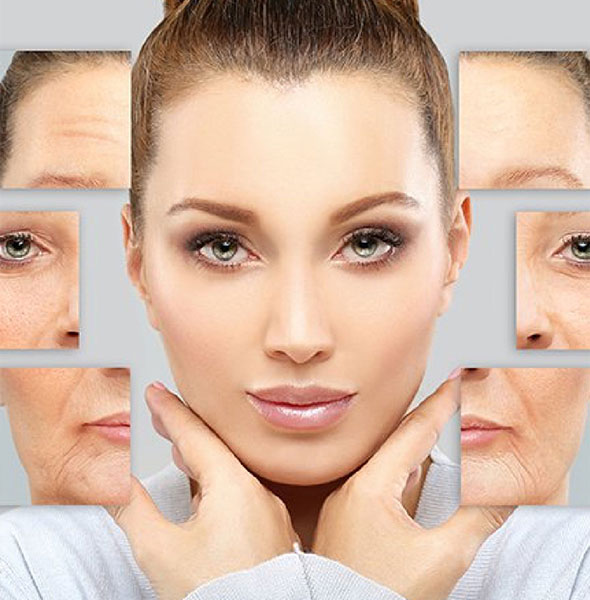Hyperpigmentation
If you’re dealing with hyperpigmentation, know that you aren’t alone. Hyperpigmentation is a common skin condition, and there are a number of different treatment options available.
Why do WE have a 90% success rate with our hyperpigmentation treatments?

- Hyperpigmentation is a medical term used to describe darker patches of skin. These patches result from excess melanin production, which can be caused by everything from acne scars and sun damage to hormone fluctuations.
- Uneven skin tone is one of the most common complaints heard today. The presence of dark spots (known as hyperpigmentation) on the skin can make a person look older than they really are, as hyperpigmentation is associated with the aging process. Unfortunately, most of the skincare products on the market today focus on moisturizing or plumping up the skin, without paying attention to abnormal or excessive areas of pigmentation. We can treat this problem by minimizing dark spots and restoring a more even skin tone.
- All hyperpigmentation treatments are bespoke to the individual's needs depending on what grade of hyperpigmentation is presented
01 Signs
02 Causes
03 Myths
04 Facts
05 Get Help
01 Signs
Lentigo/Lentigenes – Lentigo simply means one freckle; lentigenes are multiple freckles. Solar Lentigenes – widely known as ‘sun spots’, ‘age spots’ and ‘liver spots’. Solar lentigenes are freckles caused by sun exposure. Melasma – Often known as the ‘pregnancy mask,’ melasma is caused by hormonal changes due to pregnancy and is characterized by splotchy, pigmented areas usually on the face (except the eye area).
02 Causes
Overexposure to the sun. Heredity. Picking at the skin Hormonal changes. Certain medications such as antibiotics, hormone treatments, and anti-seizure drugs. Inflammation and skin injuries such as acne vulgaris.
03 Myths
Lightening and Brightening products simply bleach the skin. A skin lightening product can not lighten a dark spot without lightening the surrounding skin as well. Lightening Products will eliminate acne scars. Once a dark spot has faded away after using a correcting product, it will stay that way.
04 Facts
Birthmarks are a form of pigmentation. Freckles are genetic but they can also be triggered by sunlight. Acne scars are pigmentation too. Hormonal haywire combined with sunlight leads to melasma. Age spots are sun spots.
05 Get Help
How can we help? We tailor make a skin care regime especially for you once your consultation has taken place.
Frequently Asked Questions
Dark spots that appear on the skin are usually caused by sun damage and inflammation related to acne. Nearly all forms of hyperpigmentation are a result of excess melanin production, the protein that gives color to our skin. The body responds to sun exposure by increasing its production of melanin to protect the skin from further damage. These dark spots are commonly referred to as sun spots or age spots and can take years to form. Post inflammatory hyperpigmentation occurs when a pimple or other skin injury triggers an overproduction of melanin. Hyperpigmentation is also associated with hormonal changes. Melasma, also known as the “mask of pregnancy,” is the appearance of dark spots across the cheeks and nose during pregnancy.
Spots that occur as a result of post inflammatory hyperpigmentation will eventually fade, but it typically takes between three months and two years for the spots to become undetectable. Sun spots and age spots will not resolve on their own, but there are many treatments available to fade them from the area. How do your products help? 1. Shedding of old, superficial skin to reduce existing hyperpigmentation. 2. Decreasing new pigmentation production and its distribution. 3. Reducing the triggers of new pigment production, including inflammation and free radical damage.
All skin types are prone to the formation of dark spots as a result of sun exposure and post inflammatory hyperpigmentation. People with darker skin tend to have darker areas of pigmentation than people with lighter skin.
The use of a daily SPF moisturizer and avoidance of the sun during its strongest hours can help prevent sun spots from forming; however, sunscreen will not prevent sun spots that have already begun forming from appearing. When undergoing any type of treatment to lighten areas of pigmentation, it is important to continue to use sunscreen so that the future pigmentation problems can be prevented.


